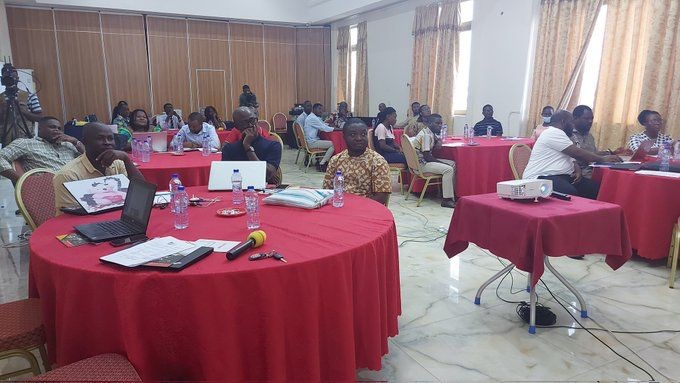
An estimated US$561.8billion is needed for various investments to realise the country’s energy transition (ET) commitments of net zero emissions by 2070, based on the National Energy Transition Framework.
The amount, to be spent on four broad areas: energy, transport, residential and industrial, and service, will boost the country’s efforts toward reducing greenhouse gas (GHG) emissions and, more importantly, achieve decarbonisation, energy access, security and energy efficiency, says the Ministry of Energy.
To this end, it is expected that most of the investments will go into building power generation plants to power electric vehicles as well as increasing access to cleaner energy sources.
For instance, some US$76million is estimated for electricity transmission and distribution, whereas electricity generation capacity is projected at US$266billion. An additional gas infrastructure, including transmission and distribution, will cost US$14.5billion over the period.
Meanwhile, the cost of replacing or switching from fossils to renewables and other cleaner energy sources in the transportation sector is valued at US$12.3billion under the National Energy Transition Framework.
Coordinator of the Energy Transition Committee of the Ministry of Energy, Dr. Robert Sogbadji, called for some aggressive efforts to build power-generating plants to meet the increasing energy demands.
He said part of the financing is expected to come from the private sector, as well as government and donor partners within the almost 50-year period of the transition target.
Dr. Sogbadji made these comments in Accra on the sidelines of a two-day workshop for civil society organisations and media, and explained that the National Energy Transition Framework guarantees the ‘best fuel supply security’ due to a diversified fuel mix, including natural gas and nuclear energy.
He also noted that electricity is expected to form about 15 percent of the country’s gross domestic product. On the whole, energy transition will position the country to trade favourably with development partners, and thereby rake in more revenue than invested, he said.
The training was organised by the Natural Resource Governance Institute (NRGI) to create awareness of the existence of the National Energy Transition Framework and enhance the capacity of CSOs and media to understand, interrogate and use the contents of the framework.
National Energy Transition Framework
The National Energy Transition Framework is a guideline for decarbonising the energy sector and reaching net zero emissions while ensuring socio-economic growth and the use of Ghana’s natural resources.
Following national consultations with stakeholder groups, the framework was developed and subsequently unveiled in Egypt during COP27.
The framework is expected to complement existing efforts with new measures, such as increased renewable energy penetration, conversion of thermal plants to natural gas, and the integration of nuclear power into the energy mix.
Africa Programme Officer at NRGI, Denis Gyeyir, underscored the significance of deepening the understanding of all stakeholders on the plans put together by the government to achieve its transition agenda.
Meanwhile, he lamented the lack of comprehensive data on gas reserves and the non-existent assessment of investment requirements for gas exploration, production and processing in light of the energy transition.









